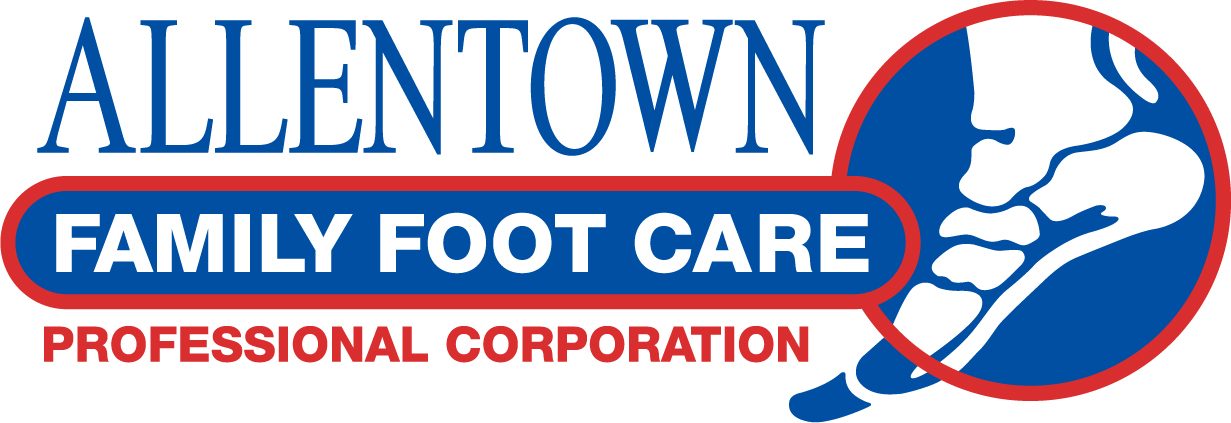Heel Spurs
Peripheral Arterial Disease (PAD) is a condition that affects the circulation of blood in the legs and feet. It occurs when there is a buildup of plaque in the arteries that supply blood to the lower extremities, causing reduced blood flow and oxygen to the muscles and tissues. PAD can cause a range of symptoms, including pain, cramping, and numbness in the legs and feet, and can lead to serious complications if left untreated. Proper diagnosis and management of PAD are crucial for maintaining the health and function of the feet and ankles.
Causes of Peripheral Arterial Disease
PAD is most commonly caused by atherosclerosis, a buildup of plaque in the arteries that supply blood to the legs and feet. Other risk factors for PAD include:
- Smoking
- Diabetes
- High blood pressure
- High cholesterol
- Obesity
- Family history of PAD or cardiovascular disease
Symptoms of Peripheral Arterial Disease
Symptoms of PAD may include:
- Pain or cramping in the legs or feet during physical activity
- Numbness or tingling in the toes or feet
- Weakness or fatigue in the legs or feet
- Sores or wounds on the feet that are slow to heal
- Changes in skin color or temperature on the feet and toes
Diagnosis and Treatment of Peripheral Arterial Disease
Diagnosis of PAD typically involves a physical exam, medical history review, and non-invasive tests such as ankle-brachial index (ABI) testing or Doppler ultrasound to measure blood flow in the legs and feet. Treatment of PAD may involve lifestyle modifications such as quitting smoking, adopting a healthy diet and exercise routine, and managing underlying medical conditions. Medications such as blood thinners or cholesterol-lowering drugs may also be prescribed to improve circulation. In more severe cases, procedures such as angioplasty or bypass surgery may be necessary to restore blood flow to the affected area.
Preventing Peripheral Arterial Disease
Preventing PAD is possible by taking the following precautions:
- Maintaining a healthy lifestyle by exercising regularly, eating a balanced diet, and avoiding smoking
- Managing underlying medical conditions such as diabetes, high blood pressure, and high cholesterol
- Regular foot exams and care to prevent complications such as ulcers or infections
If you are experiencing symptoms of PAD, it is important to seek the care of Allentown Family Foot Care who specializes in foot and ankle care. Proper diagnosis and management of PAD are crucial for maintaining the health and function of the feet and ankles.
